In Hamburg-Nord, Germany, a significant shift in housing policy has stirred controversy. Single-family houses are now prohibited in this borough, sparking discussions on urban development and sustainability. The decision, led by Green Party officials, reflects a growing concern over land use, energy consumption, and community planning.
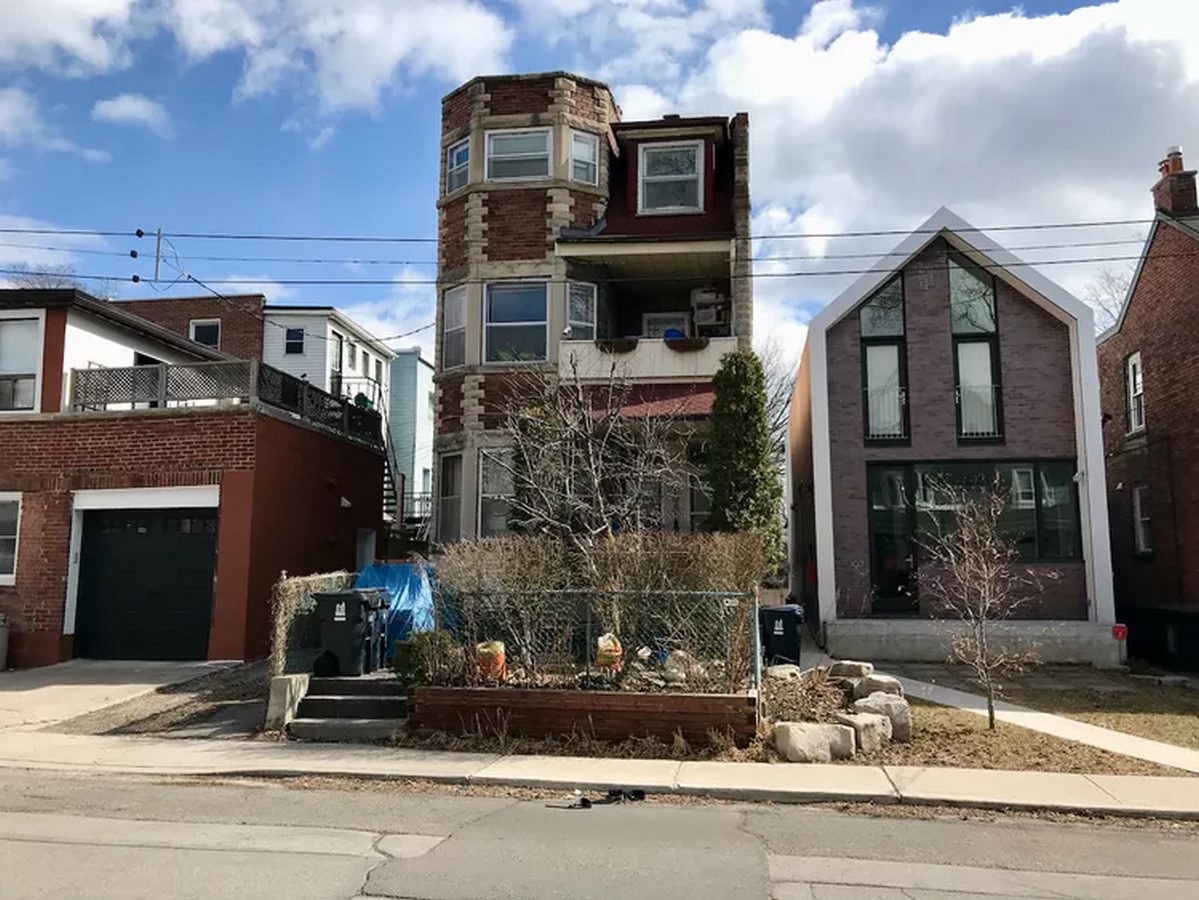
A Shift in Housing Policy
The decision to ban single-family houses in Hamburg-Nord has raised eyebrows, with critics like Alexander Neubacher condemning it as reminiscent of policies from East Germany. Neubacher’s critique underscores concerns about the implications of such measures on housing diversity and individual freedoms.
Understanding the German Context
Contrary to common perception, Germany hosts a substantial number of single-family homes, even though single-family zoning is not prevalent. Architect Mike Eliason highlights the challenges posed by sprawling suburban areas, signaling a need for a reevaluation of housing norms.
Debunking Misconceptions
Anton Hofreiter, leader of the Green Parliamentary Group, clarifies that the intent is not to prohibit homeownership but to diversify housing options. The emphasis lies on efficient land use and sustainability, encouraging municipalities to prioritize multifamily developments over single-family houses.
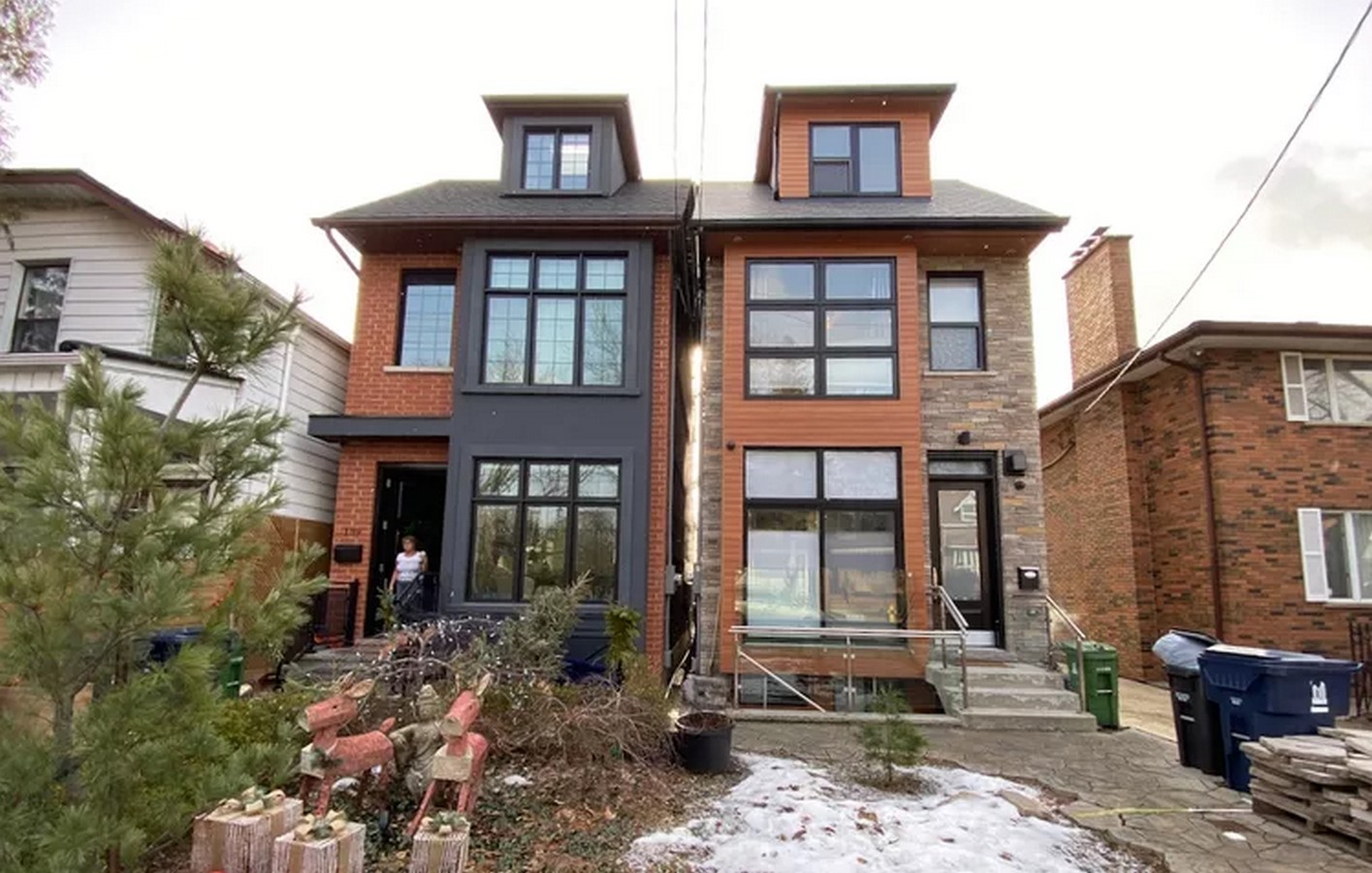
Balancing Perspectives
Criticism of the proposed ban reflects concerns over homeowners’ aspirations and property rights. However, proponents argue that incentivizing alternative housing forms promotes denser, more walkable communities, reducing reliance on cars and mitigating urban sprawl.
Lessons from North America
A comparison with North American housing policies reveals stark contrasts. Single-family zoning predominates, hindering the development of diverse housing typologies. The reluctance to embrace attached housing impedes progress towards more sustainable urban environments.
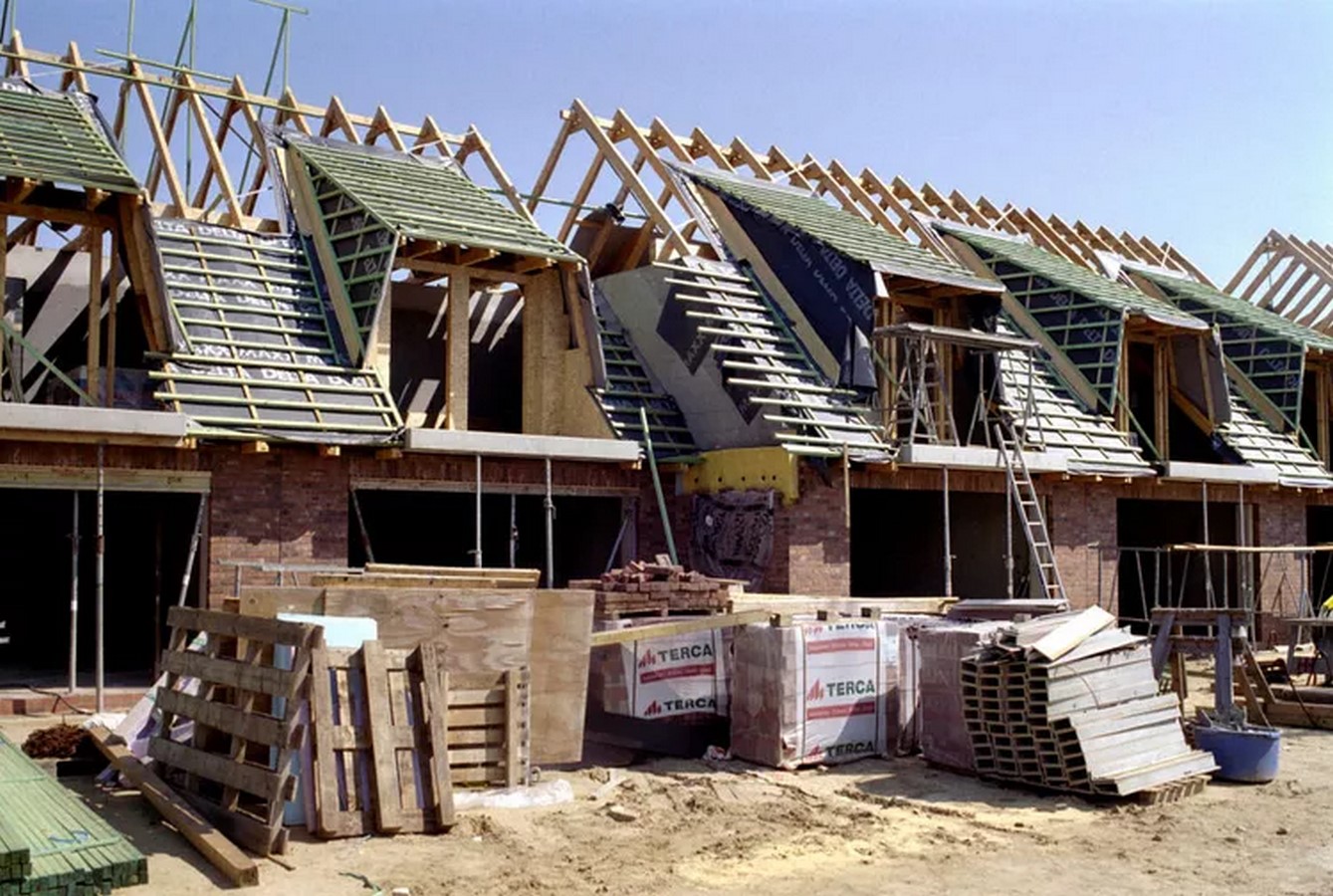
Embracing Housing Diversity
Advocates like Daniel Parolek advocate for the adoption of “Missing Middle” housing, which includes duplexes, townhouses, and small apartment buildings. Such housing typologies support inclusive communities and offer varied affordability options, fostering vibrant urban neighborhoods.
Towards Sustainable Urban Living
Addressing the challenges posed by single-family housing necessitates comprehensive policy interventions. While outright bans may evoke resistance, alternative approaches such as ending subsidies and promoting equitable infrastructure financing offer viable solutions.
In reevaluating the role of single-family housing, cities worldwide confront critical questions about urban sustainability and housing equity. By embracing housing diversity and prioritizing community well-being, urban policymakers pave the way for a more inclusive and resilient urban future.


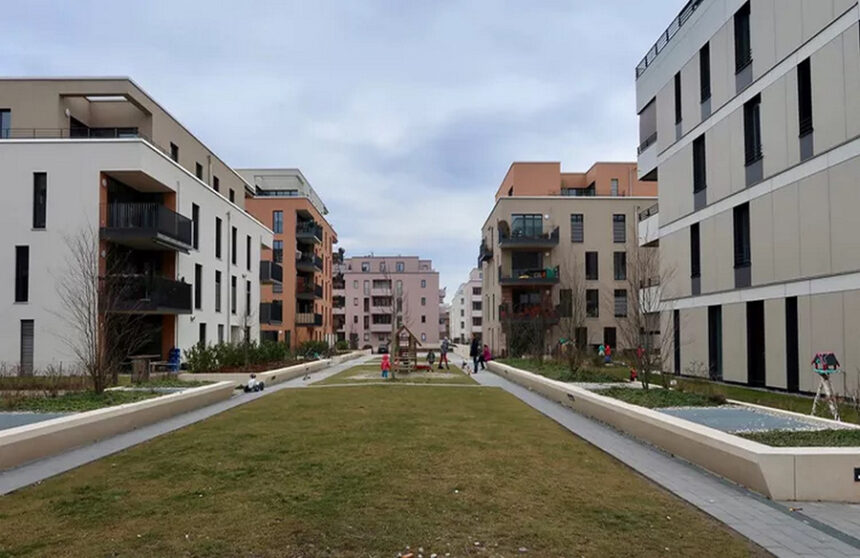



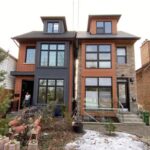
Leave a Reply